Contents
Guide
Pagebreaks of the Print Version
WADING IN WAIST-HIGH WATER The Lyrics of Fleet Foxes

Introduction by Brandon Taylor Songs, Notes, and Afterword by Robin Pecknold

CONTENTS
Brandon Taylor When laid out on the page in stark black ink, the songs of Fleet Foxes have the look and feel of mid-century American poems: direct, conversational, and flecked with an emotional urgency verging on the surreal. There is an inwardness to the songs, but also an awareness of others, an almost-fear of navel-gazing or self-indulgence. The speakers of these songs are wary of putting on or being perceived as putting on. Like their stylistic forebearsDylan, Cohen, YoungRobin Pecknolds lyrics are suffused with a longing to return to a long-vanished and perhaps entirely fictional pastoral way of life: nature and its many facets, both beautiful and dangerous, rise to the level of a unifying character in these songs. These are folk songs, after all. Or, I suppose, they are contemporary songs in the spirit of American folk music with all of its Whitmanic impulses.
But in the hands of Fleet Foxes, the pastoral feels less like a particular zone in time and more like a space in which to parse ideas of self-reliance, the inconstancy of love, the pain of intimacy, the fear of loss, the sting of betrayal, and the strange but urgent project of hope. For instance, the early song Sun Giant, from the EP of the same name, has the form and structure of a traditional folk work song, right down to the theme of praising the blessing of good weather and the virtues of being alive: What a life I lead in the summer / What a life I lead in the spring and What a life I lead when the sun breaks free / As a giant torn from the clouds and the beautiful repetition of What a life at the end of the second verse. This repetition feels at first like rejoicing and then, in the revisiting, or perhaps in the greater context of the Fleet Foxes lyrical oeuvre, the repetition harbors something of a lamentation. Because in a Fleet Foxes song, life isnt just life. You cant simply enjoy it. There is always, lingering at the edges, the realization that time is passing, inevitably, onward and out of your hands.
That every life is lost. Every moment goes on without you. Consider these lines from Drops in the River, also from the Sun Giant EP: Crown of leaves, high in the window on a gold morning / Young today, old as a railroad tomorrow / Days are just drops in the river to be lost always. The transience of time and the ephemeral nature of our relationships are two of the great themes of these songs. I started to think of it as a Pecknoldian paradox: things change, they always change; even memory is transient. Human relationships last only in our telling of them, and memory is what grants meaning to our relationships.
Memory is all that we have amid the inconstancy of the human heart. And eventually that too will fail us when we need it mostwe are alone. So many Fleet Foxes songs hinge on the speakers realization, imagined or otherwise, that they are alone and the past is a place to which they can never repatriate. Consider these lyrics from Innocent Son: Rustling leaves falling beside me / On a ghost of a morning / Riding in sorrow to the harbor / Far behind, o me, / The bodies of my friends / Hanging alone, alone again and from Sim Sala Bim, which ends with Remember when you had me cut your hair? / Call me Delilah then / I wouldnt care. In Isles, the speaker professes, And I dont even miss you at all / No, no. While the key of this realization of the pasts ever-receding horizon is often that of lament and sorrow, the songs take on a different relationship to the past starting with the album Crack-Up and continuing with Shore.
In Third of May / daigahara, the speaker says, Light ended the night, but the song remained / And I was hiding by the stair, half here, half there / Past the lashing rain / And as the sky turned petal white, old innocent lies came to mind / As we stood, congregated, at the firing line. While frankness and honesty have always been hallmarks of the speakers of Fleet Foxes songs, that frankness and honesty have often been self-excoriating and punitive. That is, self-revelation through the first few albums came with the heat of self-mutilation. But here, a mature backward gaze blends an awareness of the speaker's own role in things going horribly wrong with a kind of openheartedness, seen in lines like Oh, but I can hear you, loud in the center / Arent we made to be crowded together like leaves? and Was I too slow? / Did I change overnight? We see it again in If You Need To, Keep Time on Me, in the lyrics How could it all fall in one day? / Were we too sure of the sun? Its the we that feels important there because it implies shared culpability in the downfall of the subject being mourned. And, from Shore, songs like Young Mans Game and Featherweight are playful in their rueful reflections on past pretensions and the cost of masculine gesture and posturing. The nostalgia is less distorting and less brutal in the later albums, and as such, it feels more like wisdom.
Also central to Fleet Foxes songs are the Pecknoldian pairsbrothers, friends, lovers, and shadow selves. Songs like Mykonos, Blue Ridge Mountains, Your Protector, Tiger Mountain Peasant Song, The Shrine / An Argument, Can I Believe You, Fools Errand, and Innocent Son all converge on relationships. In a Fleet Foxes song, there is the one who loves and the one who betrays. The one who flees and the one who is abandoned. Regret. Loss.
The fear of committing. Sometimes the other half of a Pecknoldian dyad isnt even another person, but a different version of the speaker themselves. In the early songs, this often takes the form of a self-interrogation or murder. A body lost. An argument resulting in severed communication. In the later songs, the dyad is more abstract, a relationship between the speaker and themselves, and the lyrics take on a more rhetorical resonance.
In Can I Believe You," on 2020's Shore, the speaker asks, Can I believe you when you say Im good / I didnt need to when I wished you would / No it isnt enough, and Can I believe you? / I want to need you. Its hard to imagine a speaker of a Fleet Foxes song ever saying that on the earlier records, when self-revelation always came with such a painful, extractive cost. While these songs have a Jungian force to them, they are also steadfastly narrative. Rooted in a raconteur storytelling tradition, songs like Third of May / daigahara, I Should See Memphis, Maestranza, Mykonos, White Winter Hymnal, and Tiger Mountain Peasant Song tell intricate stories that weave together the personal with the social and the historical. These songs hum with references to paintings, songs, books, and other art. There is something Chaucerian about them.
The speakers are not merely delivering abstract notions of life; they move among particular forests at particular times of the day and year. We feel the snowmelt under our feet. The tinkle of ice in the air. Or the salt spray of the ocean. Particularly in Shore, where so much of the albums mood hinges on evocations of warm American water and some lost coast / some bright days. While the pre-Crack-Up songs certainly were more narrative in the mode of Dylanbruisers, cruisers, and bloody knuckles, people moving through the shadowy edges of society, getting their hearts and hands brokethe narrative character of Fleet Foxes songs remains strong in


![Robert Choi - Korean Folk Songs: Stars in the Sky and Dreams in Our Hearts [14 Sing Along Songs with the Downloadable Audio included]](/uploads/posts/book/423508/thumbs/robert-choi-korean-folk-songs-stars-in-the-sky.jpg)
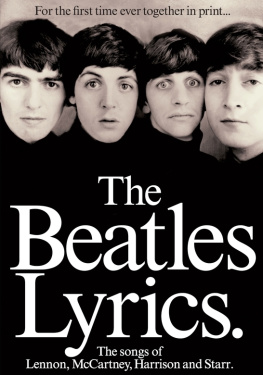
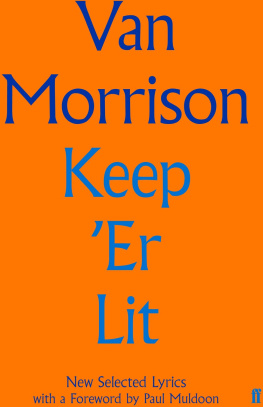
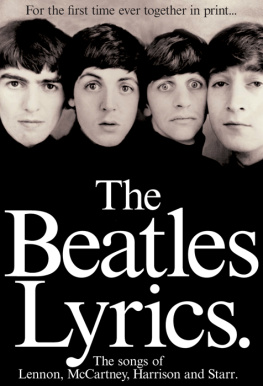
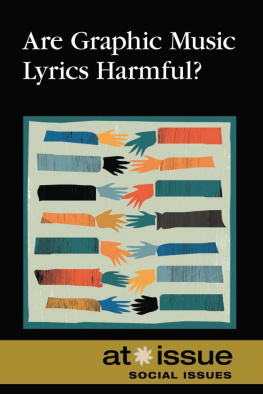

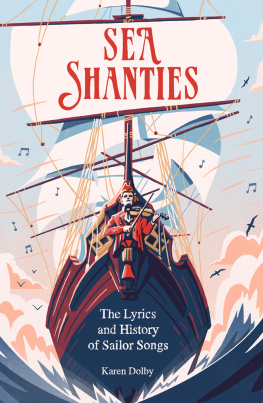




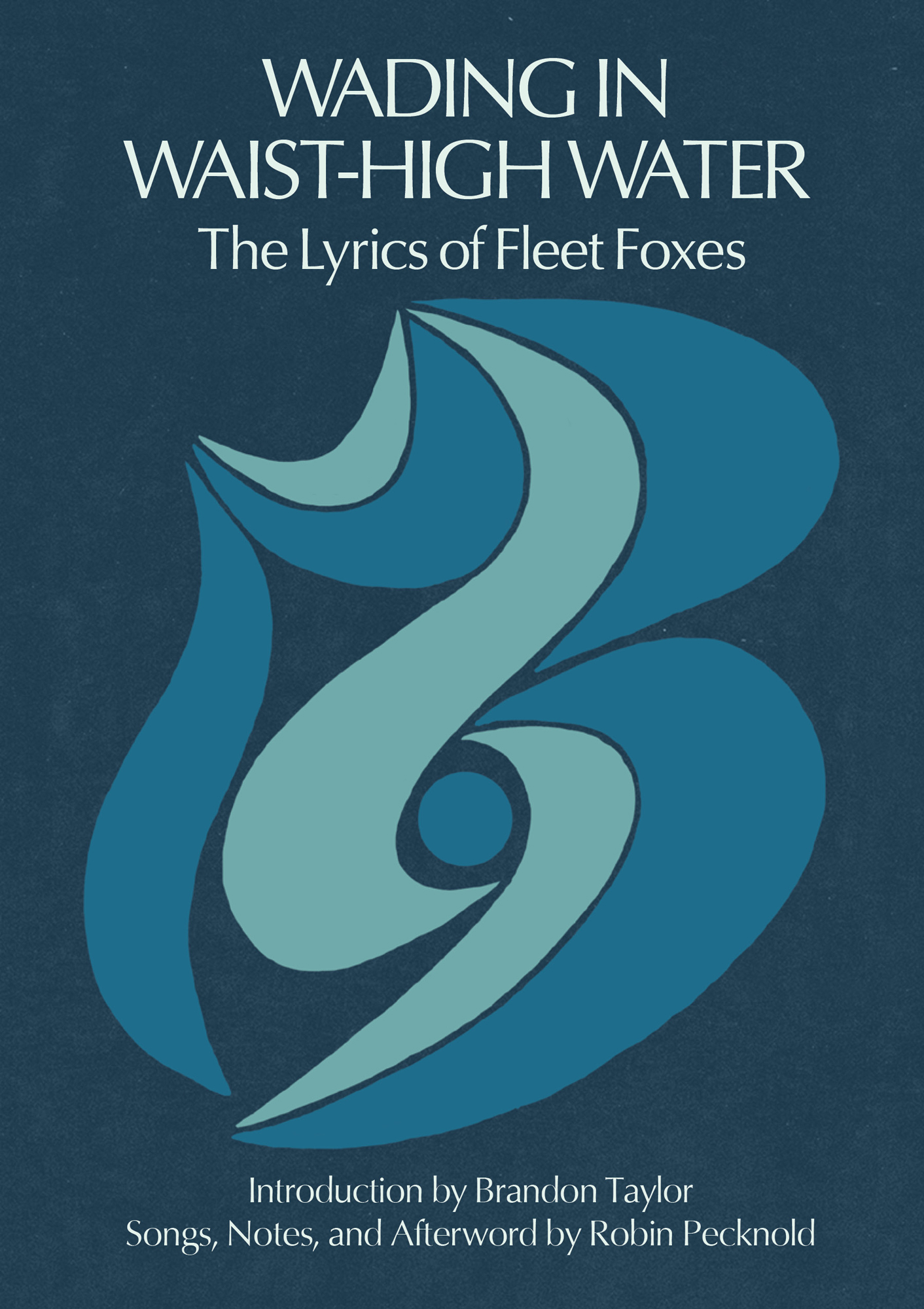
 Introduction by Brandon Taylor Songs, Notes, and Afterword by Robin Pecknold
Introduction by Brandon Taylor Songs, Notes, and Afterword by Robin Pecknold 